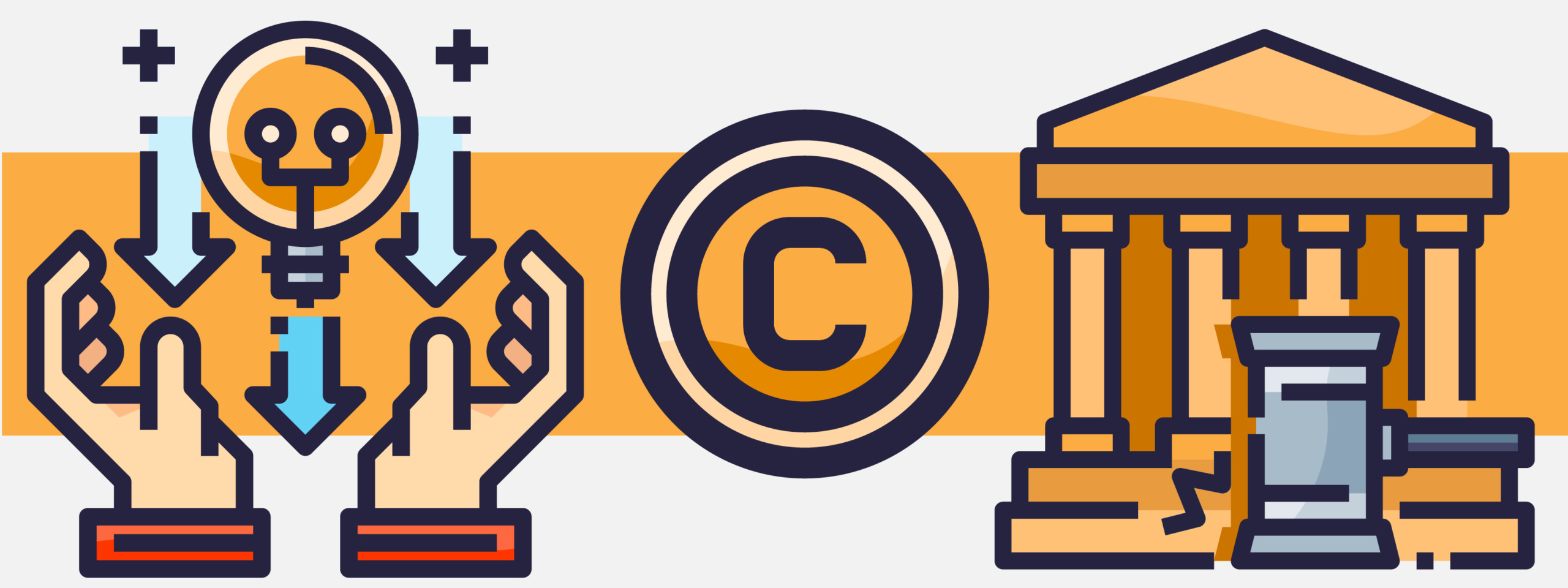We realize it’s way more fun to talk and write about all the cool stuff happening in the mobile app economy than to look at piracy problems facing the industry. Unfortunately, app piracy is still a thing—and it’s probably growing—which means Congress is looking to do something about it. The good news is that policymakers are specifically looking to learn about how app piracy impacts you and your ability to do business.
Piracy is a broad term used to describe the access, use, or distribution of protected content without the owner’s permission. For you, our members, this happens through the distribution of modified or hacked apps on global platforms and third-party app stores that results in lost revenue from downloads, ads, and in-app purchases. Pirated apps provide users with free access to content and functionality while hackers steal what should be your ad revenue and consumer data through malware. In addition, the reputational harm to brands and the cost of providing customer service to those using pirated apps can be fatal to a small business in the app economy. Piracy is a big deal, but just how big?
In a 2018 Forbes magazine article, “The Mobile Economy has a $17.5B Leak: App Piracy,” author John Koetsier quoted an estimate from Tapcore that mobile publishers had lost $17.5 billion in revenue over the previous five years. And during the current COVID- 19 pandemic, piracy is likely rising along with the increased use of mobile apps globally. Now more than ever, its crucial that lawmakers understand the magnitude of the damage to the app economy from piracy and counterfeit apps.
Thankfully, your representatives in Congress already want to help small businesses like yours in their districts. As the mobile app economy has grown and become more integral to the daily lives of people in the United States and globally, so too has the interest of policymakers to learn more about the industry. As we like to say, “There is an app developer in every congressional district in the United States.” That makes your voice important, relevant, and critical to finding solutions that minimize piracy.
The Senate Judiciary Committee’s Subcommittee on Intellectual Property is undertaking a review of the Digital Millennium Copyright Act (DMCA) this year. The DMCA, passed in 1998, contains provisions making it illegal to gain unauthorized access to protected content, to make and disseminate tools intended to facilitate hacking, and rules for Internet Service Providers’ (ISPs) liability for third-party infringement on their sites or services. The App Association’s “Innovator’s Guide to the DMCA” is a useful reference for more information. The Subcommittee had planned to hold several hearings throughout the year on various aspects of the DMCA that continue to be debated. Subcommittee counsels have reached out to the App Association for input from the mobile app developer perspective. Specifically, staff want to know more about what mobile app piracy looks like and how it impacts app publishers.
This is where you come in. We have some great stories to tell, but we need more. We don’t need all the private party info, just the basics. Anyone hack your app and steal your profits? What did you do? What was the harm to your business? What would help you better protect your intellectual property? A link to a short (seriously) survey is provided. Please email Debbie Rose ([email protected]) with any questions.
Take the survey here!
Authors Debbie Rose and Caitlin Irr
